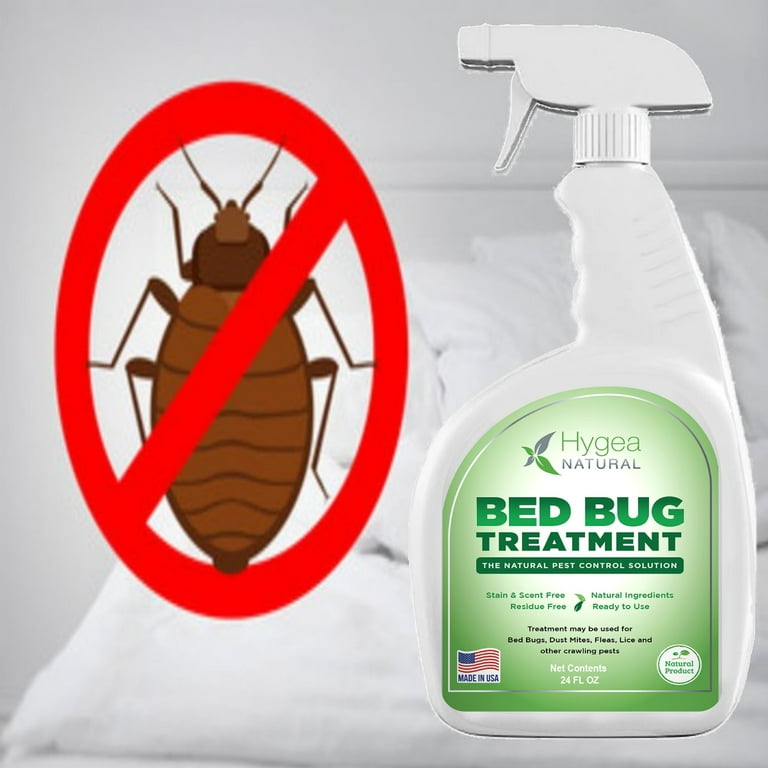Specialist Kings Bug Control Cincinnati: Your Relied On Pest control experts
Specialist Kings Bug Control Cincinnati: Your Relied On Pest control experts
Blog Article
Sorts Of Bug Control: Which Approach Is Right for Your Infestation?
When faced with an insect invasion, the choice of a proper approach for parasite control is crucial in efficiently handling the circumstance. From chemical therapies to organic remedies, there exists a variety of techniques that can be employed to deal with different sorts of bugs. Each technique includes its very own collection of advantages and factors to consider, making the decision-making procedure a nuanced one. Understanding the nuances of each method and evaluating their compatibility with the specific pest infestation at hand is crucial for attaining lasting success in pest administration. By checking out the different kinds of bug control approaches readily available, people can make enlightened decisions tailored to their distinct scenarios, making sure a much more reliable and lasting outcome in insect eradication.
Chemical Parasite Control
Chemical insect control entails using synthetic or naturally derived chemicals to handle and eradicate pest populaces efficiently. This approach is typically made use of in agriculture, forestry, and property setups to fight a vast variety of parasites, including weeds, rodents, and bugs. The usage of chemical pesticides can provide fast and targeted remedies to pest infestations, making it a prominent selection for many individuals and organizations.
One of the essential benefits of chemical parasite control is its ability to quickly remove parasites, reducing the danger of damage to plants, residential or commercial property, and human health and wellness. By making use of specific chemicals that target particular insects, this technique can properly control invasions while decreasing injury to useful organisms and the atmosphere when applied appropriately.
Nonetheless, using chemical parasite control additionally elevates concerns about potential adverse effects on non-target species, water sources, and human wellness. It is crucial to adhere to safety and security standards, use chemicals properly, and think about alternate pest control approaches to decrease these threats and make sure lasting insect management practices.
Organic Bug Control
Organic insect control, also called biocontrol, makes use of living microorganisms to reduce and take care of bug populations naturally. This approach takes advantage of the power of nature to manage pests without the demand for artificial chemicals. Biocontrol can involve the intro of all-natural opponents of the pest varieties, such as predators, parasites, or virus, to reduce pest populaces. By utilizing the parasite's natural killers or microorganisms, organic bug control offers a sustainable and ecologically friendly option to pest management.

Mechanical Parasite Control
Making use of physical and manual approaches to take care of parasite populations, mechanical insect control provides an alternate strategy that does not depend on the usage of living microorganisms or artificial chemicals. This technique involves making use of obstacles, traps, or other tools to literally prevent or eliminate pests. By obstructing bug entrance points or establishing traps to catch them, mechanical pest control can effectively reduce infestations without presenting chemicals into the setting.
One typical example of mechanical parasite control is using mesh screens on doors and windows to prevent pests from going into structures. This basic yet efficient method works as a physical barrier, maintaining bugs out while permitting correct ventilation. In addition, gadgets like mousetraps, fly swatters, and ultrasonic repellents drop under the mechanical pest control group.
While mechanical insect control approaches can be labor-intensive and need normal monitoring and upkeep, they offer a lasting and eco-friendly service for taking care of insect problems. By integrating various mechanical techniques, residential property proprietors can produce a thorough insect control approach that minimizes reliance on chemical pesticides.
Physical Parasite Control

Some typical physical insect control methods consist of making use of barriers such as screens or webs to avoid pest access, traps to capture and remove bugs, and hand-picking to physically remove parasites from plants or frameworks. Additionally, strategies like warm treatments can be made use of to manage pests like bed pests by elevating the temperature to degrees that are deadly to the insects.
Physical bug control is particularly useful in incorporated pest monitoring (IPM) techniques, where multiple bug control methods are incorporated for effective parasite administration while minimizing making use of chemicals. By utilizing physical bug control techniques, people can effectively resolve insect problems with very little ecological impact.
Integrated Parasite Management
When applying physical pest control techniques as component of insect monitoring strategies, Integrated Bug Monitoring (IPM) emerges as a thorough method that leverages different strategies to efficiently manage pest populaces. IPM concentrates on long-lasting avoidance of parasites through a combination of organic, social, physical, and chemical tools tailored to particular parasite concerns. By integrating several control techniques, IPM intends to minimize the risks connected with parasites while additionally reducing Kings best pest control cincinnati reliance on chemical options.
One trick facet of IPM is the emphasis on tracking and examining pest populaces to establish one of the most appropriate control methods. This positive technique permits very early treatment and targeted approaches, leading to much more effective insect administration. Furthermore, IPM advertises ecologically pleasant techniques by focusing on non-chemical control approaches and just making use of chemicals as a last resource.
Conclusion

By making use of the pest's natural killers or virus, organic pest control provides a lasting and environmentally friendly service to pest monitoring. - Kings pest control cincinnati oh
Making use of physical and manual methods to manage insect populations, mechanical insect control provides an alternate method that does not depend on the use of living organisms or synthetic chemicals.An effective technique to managing insect populations without relying on chemical or organic approaches entails the usage of physical parasite control strategies.When applying physical parasite control approaches as component of bug administration techniques, Integrated Pest Management (IPM) arises as a thorough technique that leverages different techniques to effectively control pest populaces. Chemical bug control includes the use of chemicals, biological insect control utilizes all-natural predators, mechanical insect control involves physical obstacles, physical insect control includes capturing or eliminating insects, and integrated parasite monitoring integrates several methods for an all natural method to pest control.
Report this page